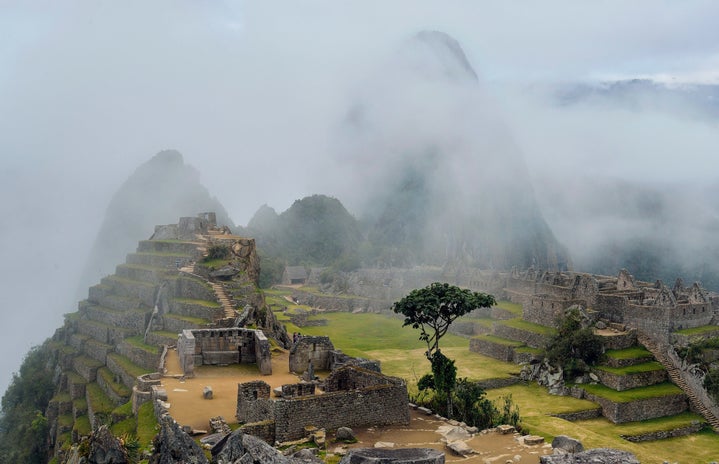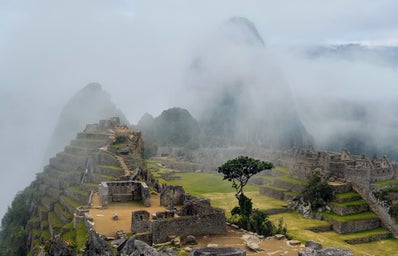Machu Picchu recently closed due to growing anti-government protests. After these protests began last month, Peru has indefinitely shut down the ancient ruins as the protests have ramped up around the South American country.
The country’s most famous tourist attraction attraction, as well as the Inca Trail leading up to the site, have closed due “to protect the safety of tourists and the population in general,” said the Culture Ministry. Protestors, including those who traveled from remote Andean regions, have made their way to the capital in order to demand the resignation of President Dina Boluarte.
Protests began after former President Pedro Castillo, who was the first Peruvian leader with a rural Andean background, was impeached and imprisoned for trying to dissolve Congress. Vice President Boluarte succeeded him, and Castillo’s supporters are saying that she has been captured by the right wing.
After the death toll surpassed 50, the locals, whose businesses are reliant on tourism from Machu Picchu, held a vote. They decided on whether to close the businesses and join in solidarity with the nationwide demonstrations. In the end, they voted to take a stand.
Machu Picchu was named a UNESCO World Heritage Site, generated tens of millions of dollars for Peru each year, and began to recover from the COVID-19 pandemic. The closure has now brought the local economy to an indefinite halt until the locals decide to resume business again. They feel that their sacrifice will be worth it because they think it will send a message to the central government. Machu Picchu receives 10 percent of the revenue from the park, but townspeople say that corrupt politicians have allowed big businesses to monopolize tourism in the area, leaving them with little prosperity.
Strike leader David Moreno Riveros encouraged the townspeople to continue the strike to make a statement at the global level, with the hopes that governments, organizations, and individuals abroad might start paying attention. Protestors outside of Machu Picchu orchestrated demonstrations, which include burning cardboard coffins with “DINA” written on them.
However, not all townspeople are supporters of the protests. Some locals are beginning to feel strained because of the closures, and may have thought about leaving Machu Picchu to find a new source of income. Many people are struggling to pay rent and food is increasingly scarce. The rail system, which is the town’s only source of food and supplies, has shut down, and the townspeople are feeling the effects.
Three days after the protests began, the townspeople had a meeting with the mayor and decided to continue the strike, despite their struggles. Officials said a humanitarian train would arrive the next day to take the locals to the nearest town to buy supplies and food, but the train did not arrive.
Even if the strike was lifted, tourism would not return to normal levels and the town would continue to face struggles.
If you were planning on traveling to South America in the coming months, researching the political climate and any dangerous situations happening throughout the continent is a good idea. It is important to stay informed of current issues before your trip and to prevent interferences from happening during your travels.
Want to see more HCFSU? Be sure to like us on Facebook and follow us on Instagram, Twitter, TikTok, YouTube and Pinterest!


